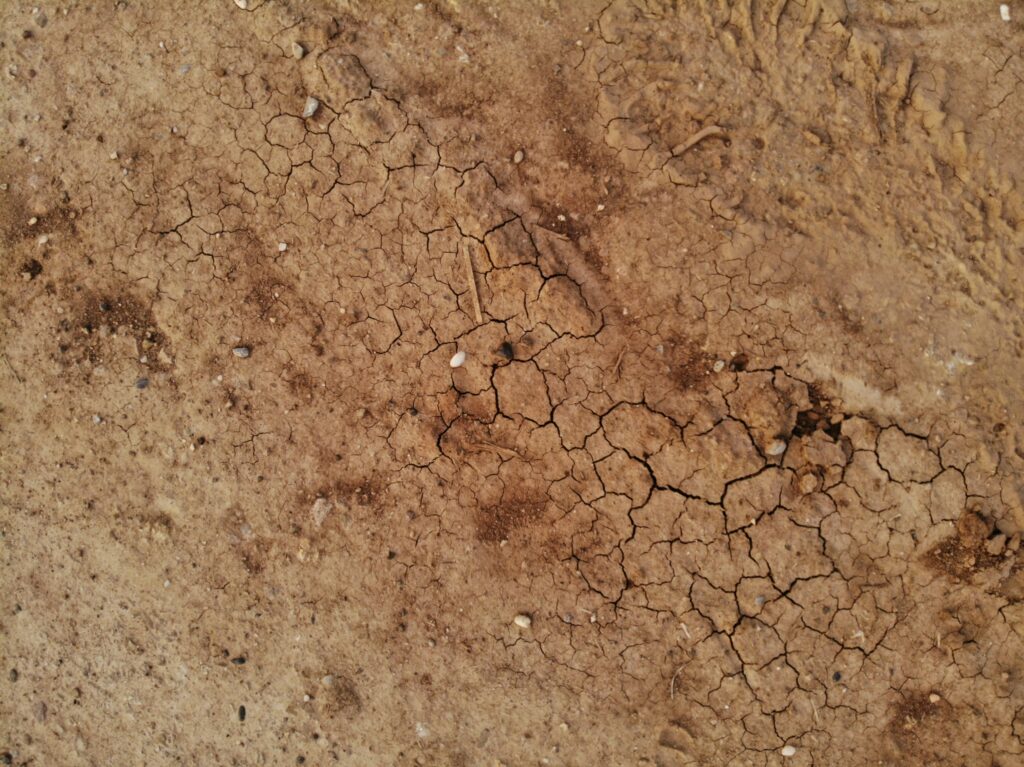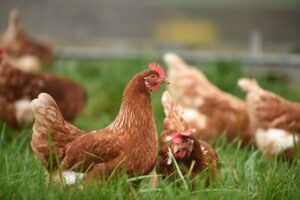African farmers are blaming chemical fertilizers for soil degradation and declining crop yields, reports the Associated Press from Nairobi.
In Kenya, about 63% of arable land has become acidic, according to the agriculture ministry. This has led to a noticeable decline in staple crops such as maize, which saw a 4% production drop to 44 million tons in 2022, as reported by the Food and Agriculture Organization.
Kenya first introduced a fertilizer subsidy in 2008 to help small-scale farmers. However, a recent scandal involving fake fertilizer has drawn criticism. About 7,000 farmers received quarry dirt instead of proper fertilizer and were promised compensation, the Washington Post reported. While dairy farmers have received investments, soil still suffers.
Soil health issues are growing across Africa, which holds 65% of the world’s uncultivated arable land but spends about $60 billion annually on food imports. This figure is expected to rise to $110 billion by 2025 due to increasing demand and changing consumption habits.
In May, Kenya hosted an Africa-wide Soil Health Summit to address declining production and food security concerns. Agriculture is vital to Kenya’s economy, contributing over a quarter of the GDP. Stephen Muchiri, executive director of the Eastern Africa Farmers Federation, urged a return to traditional farming practices, such as crop rotation and minimal soil disturbance, to rejuvenate the soil, in a commentary for the Associated Press report.
Experts highlight that soil acidity reduces essential nutrients, leading to degradation and erosion.
The African Union adopted a 10-year plan at the summit to increase investment in both organic and chemical fertilizers and triple their usage. The Union reported the continent’s annual loss of over $4 billion in soil nutrients.
Kenya heavily relies on imported fertilizers due to low local production. In Zimbabwe, about 70% of soils are acidic due to improper use of chemical fertilizers. However, recent droughts have limited the availability of organic matter.
According to the AP’s report, the Alliance for a Green Revolution in Africa recommends soil acidity testing and lime application, but these solutions are costly for farmers, with testing services priced between $20 and $40. Many farmers, like Wanjala in Kenya, struggle to afford basic necessities, making additional soil treatments difficult to obtain.














